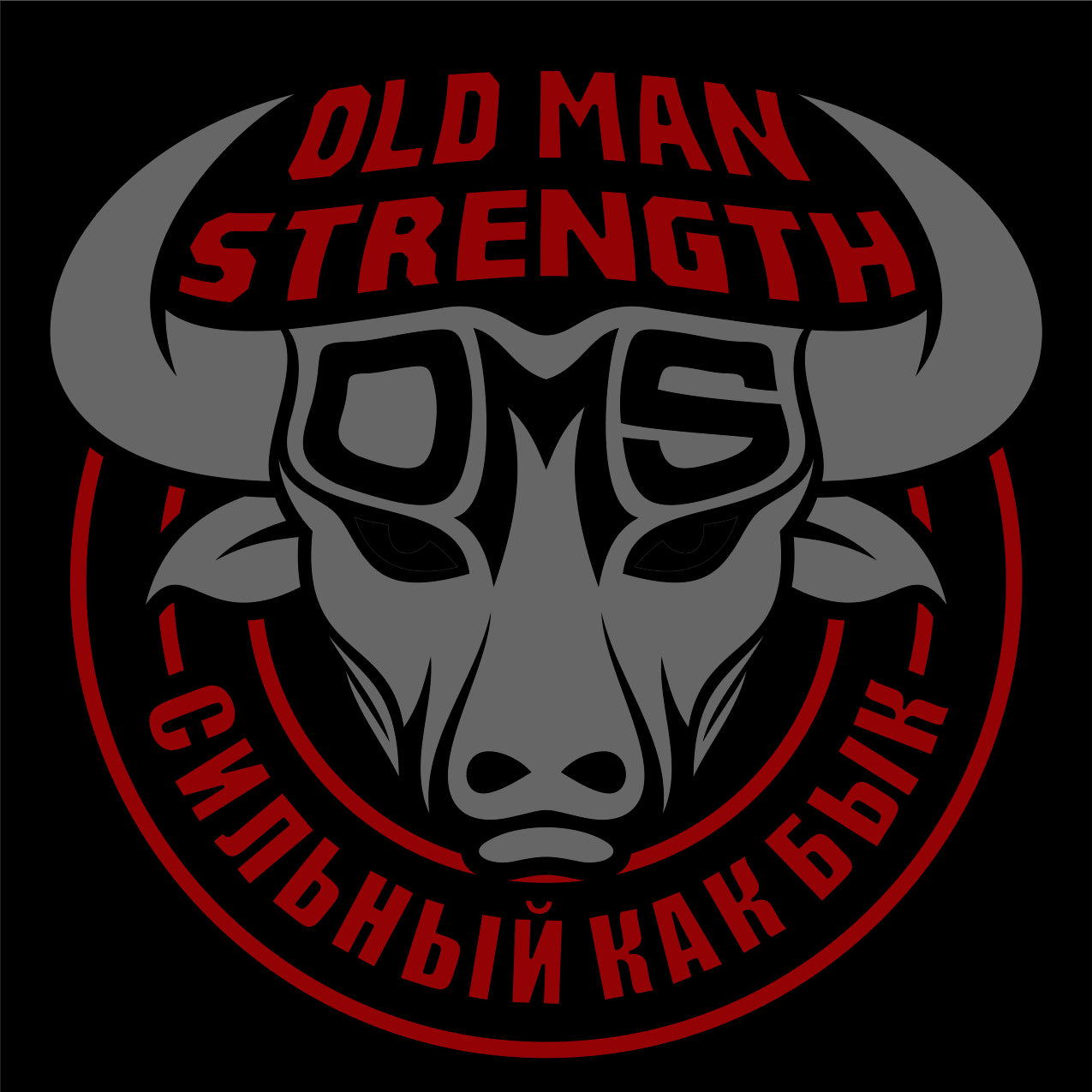
Adversity: Nothing Matters More than Your Story
Adversity: Nothing Matters More than Your Story
Making our way through tough times is perhaps the greatest and most repeated story ever told. Depending on your religion, it is as old as Adam and Eve but these are in no way confined to Christianity. Greek, Norse, and Egyptian mythology provides countless examples of people facing the most incredible of odds, feeling overwhelmed and finding something within them to help them carry on. But these are not, for the most part, instructional guides. Normal people are not gods, nor characters in movies. Pain hurts. Difficulty paralyses. Understanding why and what next is what matters.
There is a bunch of research on how people deal with and overcome hardship; and one surprising factor is story telling. One North Western Psychology professor (D.P McAdams) has argued that personality can be thought of as a “loose assemblage of constructs” across three domains; firstly, your personality type; secondly, the constructs you have created for yourself such as life goals, developmental tasks, defences, motives, strategies, skills, and values; and thirdly, and importantly, your life story.
The life story is the internal narrative and meaning of your life. It is extremely important – it sets out how you provide your life with overall meaning, unity, and purpose including your reconstructed past, perceived present, and anticipated future. More than anything else, what you tell yourself profoundly matters. Your internal narrative, more than traits, motives, or values, establishes your identity and allows you to integrate and make sense of a life in time.
When we face adversity, our story gets interrupted, and how we understand, process and rebuild our story matters. Whether we see these changes as positive or negative matters. When a negative life event occurs, for example a job loss, illness or marital difficulty, the research shows that people who perceive benefits from adversity show better recovery from and adjustment to the negative events that brought them the adversity in the first place. Survivors of illness and trauma have reported increased self-reliance and broader self-understanding, enhanced self-disclosure and emotional expressiveness in relationships, and a changed philosophy of life (Tedeschi & Calhoun, 1995).
There is no doubt that major difficulties can rock our worlds, but remaking your story requires patience and positivity. So what can you do?
Firstly, it is important to stop, realise the impact this is having on you, and face the fact that all change involves letting go of the status quo. The status quo is wired deep within you, and change requires pain. Realising that the blueprint is no longer relevant can be hard; even bad scaffolding provides comfort and stability, and losing it is hard.
Secondly, try hard to see that all change opens both positive and negative possibilities for the future. Yes, the negative voice seems louder right now, perhaps its so loud you can’t hear anything else but pain, but listen hard for the positive voice. It is deep, and it is muted, but it is there. This is an important step, and the research is on your side. Benefit-finding can help to reconstitute that world by allowing a sequence wherein bad events are expected to give way to good outcomes. According to Tedeschi and Calhoun, those good outcomes often manifest themselves as growth in one or more of three different areas: (a) changes in self, (b) changes in relationships with others, and (c) changes in philosophy of life and spiritual/existential beliefs.
Thirdly, and most importantly, begin your new story, and believe strongly that you can overcome and rebuild. Your self narrative is not a movie. It is created through your situation, your beliefs, and the things that happen to you each day. Seek out small successes. Seek meaning and purpose where you can find it. Life is not permanent, and the moment we start living, the cells inside us start dying. How we spend today, and the choices we make, to show compassion, to live with meaning and purpose, and to help those less able than ourselves, give us a gift as well.
Start your story. Live old man strong.
Reference
1. Borrowed heavily and simplified into plain english from When Bad Things Turn Good and Good Things Turn Bad: Sequences of Redemption and Contamination in Life Narrative and their Relation to Psychosocial Adaptation in Midlife Adults and in Students (sagepub.com). We are thankful that this great research is being done.

